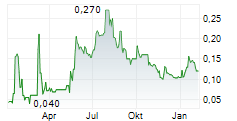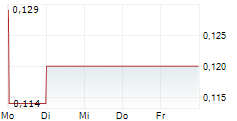Freemelt has received a machine order from KIMS (Korea Institute of Materials Science) for the delivery of a Freemelt ONE, which will be used for material process development of titanium aluminides and various superalloys, as well as high entropy alloys for industrial applications in the aerospace industry. The machine is expected to be delivered in the second quarter of 2025.
KIMS is a leading research organization in South Korea, focused on advanced materials science for industries ranging from energy and electronics to automotive and aerospace. South Korea is one of the countries with the highest adoption rate of additive manufacturing (AM), and this order marks Freemelt's first machine order in the Asian market. Freemelt has an existing collaboration with a customer in Singapore to validate Freemelt's E-PBF (Electron Beam Powder Bed Fusion) technology to produce tungsten components.
"This versatile and powerful system is expected to contribute significantly to both academic research and industrial innovation, delivering outstanding results in the development of next-generation high-temperature materials," says Mr. Seong Woong Kim, Principal Researcher at KIMS.
"This is our first machine order from Asia and an important milestone for our company. Asia is at the forefront of AM adoption, and this order will increase the awareness of Freemelt in the emerging Asian market, driving new commercial collaborations," says Daniel Gidlund, CEO of Freemelt AB.
Contacts
Daniel Gidlund, CEO
daniel.gidlund@freemelt.com
070-246 45 01
Certified Advisor
Eminova Fondkomission AB
adviser@eminova.se
About Us
Freemelt develops advanced 3D printers for metal components and aims to become the leading supplier in additive manufacturing (AM) using E-PBF technology, targeting SEK 1 billion in revenue by 2030. The solutions primarily support companies in the defense, energy, and medical technology sectors in Europe and the USA, enabling them to drive innovation and improve production efficiency.
Founded in 2017, Freemelt has expanded its product portfolio to include three printer models, with two designed for industrial production and one (Freemelt ONE) targeting research institutes and universities. The modular industrial printers (eMELT) leverage E-PBF technology, delivering significantly higher efficiency compared to other machines on the market while maintaining flexibility in metal selection.
Freemelt generates revenue primarily through the sale of advanced 3D printers at fixed prices, complemented by support and maintenance services, which are expected to account for 25% of total revenue by 2030.
The company is now focused on further industrializing its product and service portfolio and driving commercialization in the European and North American markets. Read more at www.freemelt.com


